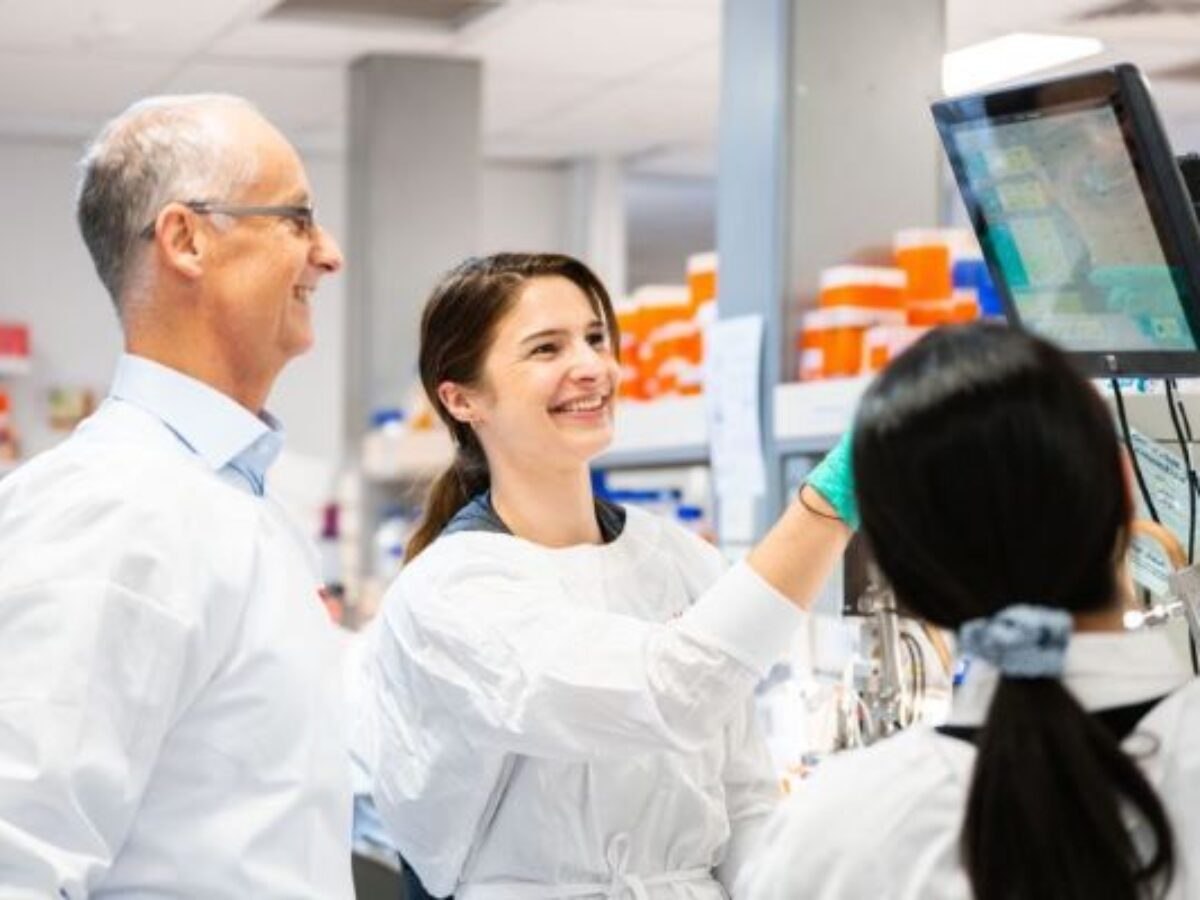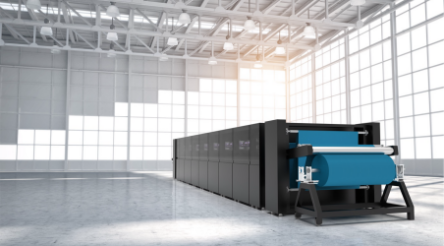BioCina to scale up novel bioseparation technology

Pharmaceutical and vaccine company BioCina is planning to scale up from laboratory to industrial scale a bioseparation resin technology for the large-scale production of complex medicines made from biopharmaceuticals.
Backed by an Australian Economy Accelerator (AEA) grant, Griffith University Institute for Biomedicine and Glycomics Principal Research Leader, Professor Bernd Rehm and his team are leading the resin development.
Their project ‘Enhancing biopharmaceuticals: A disruptive bioseparation resin technology' will address bioseparation limitations experienced by the biopharmaceutical manufacturing industry.
Bioseparation refers to the process of separating and purifying biological molecules, such as proteins, from a complex mixture to produce a high-quality product for therapeutic use.
According to the university: “The project involves developing bacterial cell factories that can produce a high-quality resin efficiently and affordably, which will transform the production of biopharmaceuticals like blood plasma-medicines.
“The resin developed by Professor Rehm and his team will be scaled up from lab to industrial scale in collaboration with industry partner BioCina, a global biologics contract development and manufacturing organisation based in South Australia, enhancing sovereign capability by addressing manufacturing feasibility and scale-up processes.”
BioCina is a contract development and manufacturing organisation (CDMO) which can work in microbial, pDNA and mRNA technologies.
Picture: Griffith University Institute for Biomedicine and Glycomics
@aumanufacturing Sections
Analysis and Commentary Awards casino reviews Defence Gambling Manufacturing News Online Casino Podcast Technology Videos





